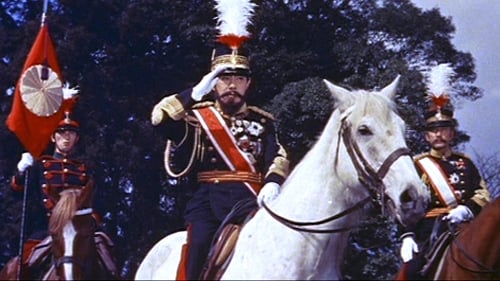
Japanese comedy film.

From the king of Japanese exploitation films comes a criminal drama told in a semi-documentary fashion. The murder of the chief official of Kobe city's Customs triggers an investigation of a prostitution ring called the 'Yellow Line' that sells Japanese women. A hired assasin is betrayed by his organization, and kidnaps a woman who happens to be the girlfriend of a newspaper reporter.


Policeman
Freelance reporter “Scoop” Machida is hot on the trail of a prostitution ring called the Black Line, when he is framed for the murder of a young woman. Forced to clear his own name, the handsome journalist sinks deeper into the Black Line’s rotten swamp of drugs, prostitution, and murder and finds unexpected help in Maya, a steamy female gambler familiar with the neon-lit streets, shadowy alleyways, and seedy nightclubs he must navigate. The closest film in the Line series to classic American film noir, Ishii’s Black Line is a pulpy assortment of crime film conventions including the starkly expressionistic black and white cinematography by Jûgyô Yoshida, a jazzy music score by Michiaki Watanabe, and a sleazy screenplay by Ishii and Ichirô Miyagawa.

A store manager named Kinbei becomes enraged when the owners of the store decide to hand it down to an adopted son instead of him. He hatches a plot to murder them all, but as it turns out he has done this sort of thing before. As bodies pile up in the nearby Kagami Pond, a ghostly vengeance is about to be unleashed.

1959 film directed by Teruo Ishii for Shintoho.

War drama about army nurses.

1958 jidaigeki directed by Masaki Mori for Shintoho.

The year is 1937, and it has been six months since the Sendai Infantry left for Manchuria. The rotted corpse of a young woman is found at the bottom of a well, but her face and limbs are gone. The military police begin an investigation and search fervently for the person responsible, but they can't even determine the victim's identity, much less find any clues. However, the incident is made public when newspapers give wide coverage to the story, so Staff Sergeant Kosaka is dispatched from Tokyo to solve the case. Eventually, General Tsunekichi is taken into custody by local infantrymen because of the testimony of another unit, but the spirit of the dead woman appears before Staff Sergeant Kosaka, who continues to investigate on his own...

The 2nd Super Giant film.
Super Giant continues his battle against the foreign terrorists. In return, they frame him for murder. (Part 2 of 2)

A samurai rescues a mischievous tanuki from hunters and sets it free. When the samurai's wastrel son hatches a plot to kill his father for his fortune, the magical tanuki is determined to protect its rescuer.

Meiji Tenno portrayed the ramp up to the Russo-Japan War. In addition to showing the political events that led to war, it also showed the era from the story of a farm family in rural Japan who sent their son off to war. As such, it could be considered an anti-war movie, showing how, while war is devised by governments, the people do not really understand what war is, and it's combatants often do not know what they are fighting for.

Japanese film about motorcycle racing.

Japanese sports comedy film about kendo.

Suspense film based on the "Carbine Gang Incident" that happened in June 1954 in Japan.






